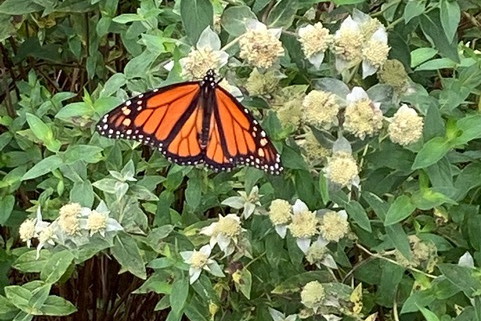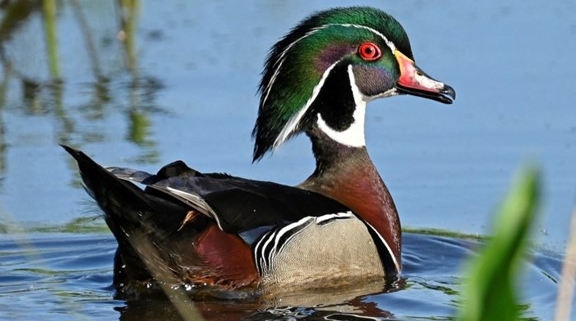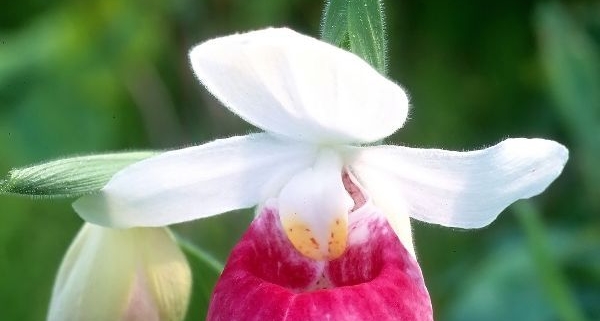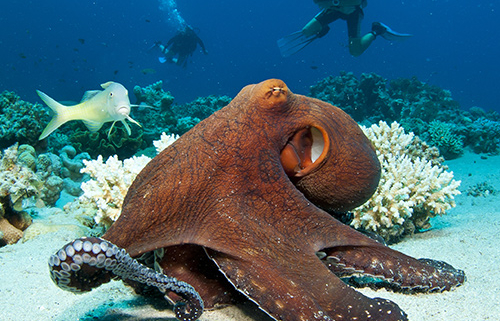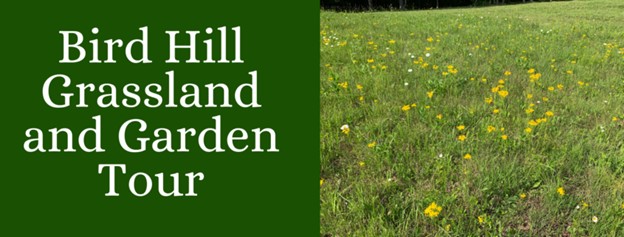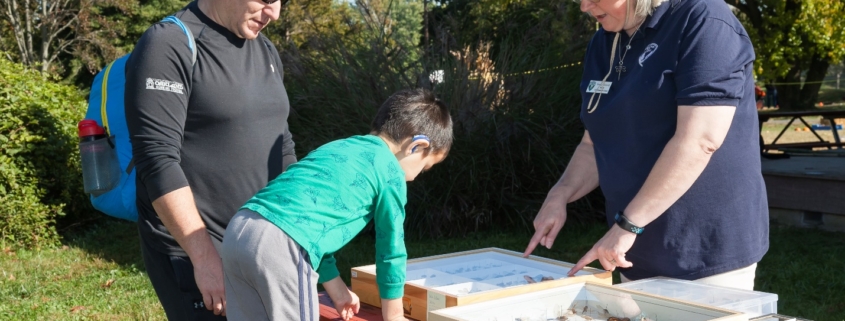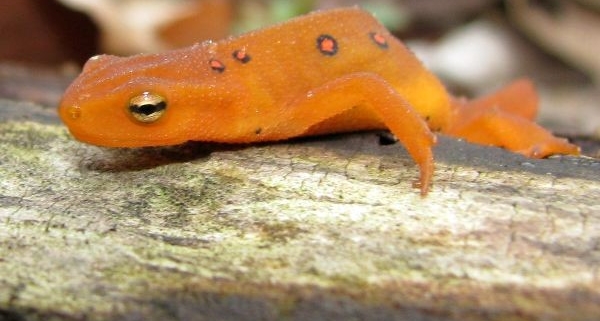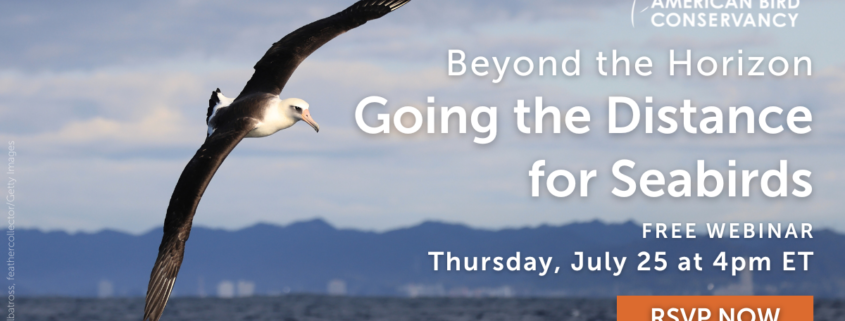Burke Center Library – Pollinator Gardens
New Stewardship opportunity –
Pollinator garden care at Fairfax County’s Burke Centre public library.
FMN Nancy Klein coordinated the initial garden project and helped plant the Pollinator Garden in 2019.
Nancy is the Youth Services Manager at Burke Centre Library and she now needs a few volunteers to help maintain the garden on a regular basis. She will be on site to provide guidance for work efforts.
All Stewardship work days are scheduled in the BI calendar under:
S256: Plant Maintenance and Restoration Projects — Fairfax County
Shifts are 10 a.m. – 12 a.m:
– Every Thursday through Oct, except Sep 12 – (check BI Calendar)
– And Every-other Saturday thru Oct – 8/10, 8/24, 9/7, 9/21, 10/5.
To register:
1. Login to BI and click on your ‘Opportunities’ tab.
2. Select ‘Opportunity Calendar’ from the pull-down menu.
3. Find the S256 event in the displayed calendar; Click it to see event details.
4. To sign up, Click the ‘Sign Up’ box in the lower right. This automatically signs you up and puts the event on your personal calendar.
A few tools will be on site but please bring your own tools.
Stewardship hours and travel time may be recorded under:
S256: Plant Maintenance and Restoration Projects — Fairfax County
For questions, please contact FMN project lead:
Nancy Klein, Youth Services Manager
Burke Centre Library
5935 Fred’s Oak Rd
Burke, VA 22015
703-249-1534
Nancy.Klein@fairfaxcounty.gov
cover photo courtesy of Fairfax County Public Libraries




